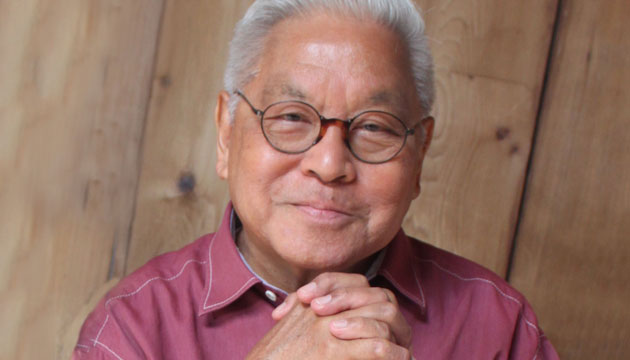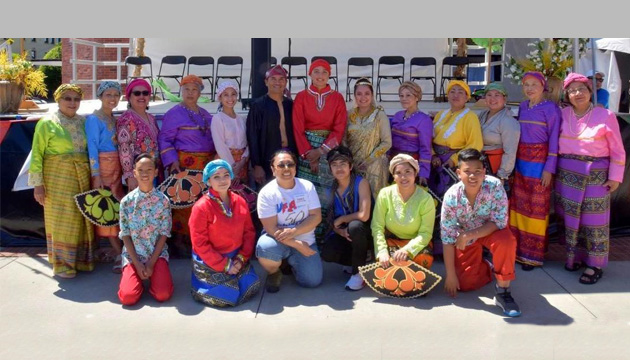What should have been good news for Filipino nurses hoping to find greener pastures in Canada is now being met with criticism against Canadian provincial governments who have launched direct recruitment missions to the Philippines.
In the last few months, the provinces of Alberta, Manitoba and Saskatchewan launched separate recruitment missions to the Philippines with the goal of finding qualified candidates to fill gaps in their respective provincial healthcare systems following the global crisis brought about by the pandemic.
The recruitment drives were deemed successful by these provinces having resulted in a few hundred pre-qualified candidates for each province.
However, the Philippine government is crying foul over what it calls “bleeding” of its own healthcare system as wealthier nations like Canada have launched aggressive recruitment drives to attract Filipino nurses and healthcare workers.
In a recent interview with the CBC, the Philippines Department of Health officer-in-charge Maria Rosario Vergeire reported that the country has a shortage of more than 350,000 nurses. “Why is it that higher income countries are actively recruiting?” she asked. “The countries getting our nurses should also be for some form of exchange so there would be something for our country.”
But for nurses and healthcare workers in the Philippines who have been as tired and exhausted as their counterparts in wealthier nations but not compensated as well, the lure of an exponential increase in income and the promise of a better life for themselves and their families are hard to resist.
For Canada, the recruitment missions are a quick fix to fill its own nursing shortage largely brought about by retirements and punctuated by the stresses of the pandemic. The pandemic is the same global public health crisis that exposed the reality that access to healthcare depends largely on one’s resources, whether as individuals or as nations.
The Philippines has traditionally trained more nurses than it needs, with an eye on exporting this manpower to other countries as overseas foreign workers (OFWs) with expectations of dollar remittances to be sent back home. But now it may have lost too many as its own healthcare system likewise suffered through the pandemic.
So are wealthy countries like Canada “poaching” talents from poorer nations like the Philippines? And do they owe the resource countries more than fair wages to qualified candidates as the Philippines’ DOH officer-in-charge claims?
The answers may lie in a World Health Organization (WHO) study done in 2020 (pre-pandemic) called The State of the World’s Nursing 2020. The study was done in recognition of the year 2020 as the international year of the nurse and midwife.
The WHO study recommends that “countries that are over reliant on migrant nurses should aim towards greater self-sufficiency by investing more in domestic production of nurses.” On the flip side, WHO recommends that “countries experiencing excessive losses of their nursing workforce through out-migration should consider mitigating measures and retention packages.”
Canada is investing more on its healthcare system. The federal government recently inked a $196-Billion Health Accord with the provinces which includes $1.70 billion over five years to support hourly wage increases for personal support workers and related professions, as the various levels of government work together on how best to support recruitment and retention.
On the provincial government level, the province of Alberta leads as an example. It is investing $30 million in health care program expansion to create about 1,800 new seats over the next three years in nursing, health care aide and paramedicine programs. It is also spending $22 million to upskill internationally educated nurses by creating new bridging programs and expanding seats in the post-secondary education sector’s bridging programs to add 1,500 new spaces. Other Canadian provinces will hopefully follow suit.
As for the Philippines as a country losing its nurses to out-migration, Philippine president (and acting secretary of health) Ferdinand Marcos Jr. himself made a pronouncement in November in a meeting with members of the Private Sector Advisory Council’s healthcare cluster that his administration is looking to expand nursing and medical scholarship programs to meet the widening demand for healthcare professionals. He admitted that government can not prevent nurses from leaving the country but said that, under a government scholarship program, scholars must serve the nation for a number of years first.
But as in all things politics, taxpayers will have to remain vigilant and see whether their governments will stay the course long after the next election or, hopefully not, the next global health crisis.
Rachel Ramos-Reid
For the Canadian Filipino Net Editorial Board










